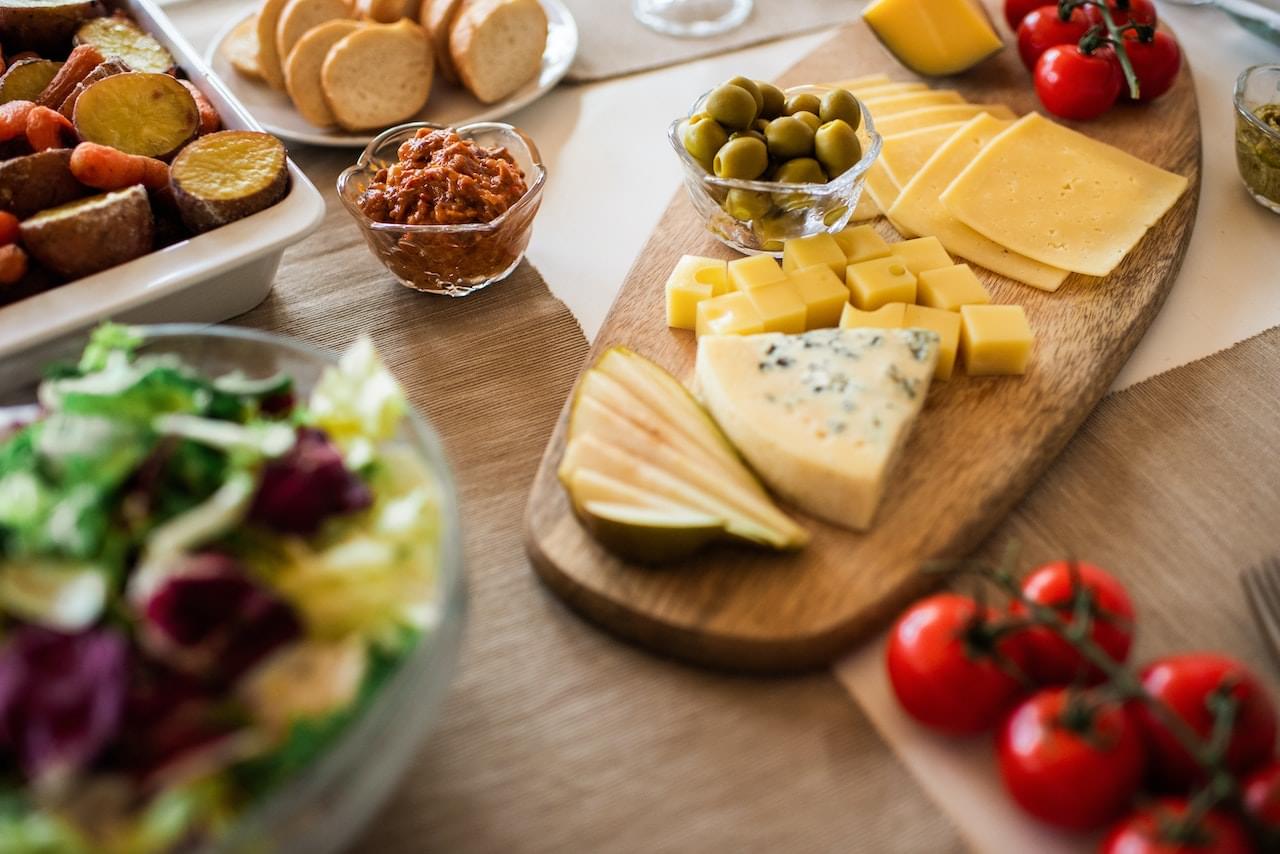Cheese is almost cheaper at farmers than at supermarket chains
The average price per kilo of Trappist cheese rose by no less than 99 (!) percent between October this year and October last year. This means that while a kilo of trappista could be bought for an average of HUF 2,040 last year, the same quantity now costs HUF 4,050 in stores.

It’s more worth getting your cheese at your local farmer
According to Pénzcentrum, the prices of large-scale cheeses available in stores have skyrocketed to such an extent that it might be worth looking at small producers, because there are many cases where you can get cheese products much cheaper than if you buy them in the store.
In connection with the merciless increase in the price of large-scale cheese, Pénzcentrum also reported that, according to Gabriella Heiszler, CEO of Spar Hungary, the reasons are to be found in the fact that there is a price cap on 2.8 percent milk, but not on 1.5 percent milk, which is why the turnover of 2.8 percent milk is it is diverted towards milk, so the producers withdraw more milk fat from the market, they sell the milk fat in river milk instead of Trappist, which makes cheeses more expensive through the supply. And as we can see, not to any extent.
Compared to this, in places with small producers, there were places where we found products for HUF 3,800 per kilo (a piece of product weighs around 10 dkg), which is practically half of the unit price found in the biggest stores.
Related news
January inflation data paves the way for February interest rate cut
🎧 Hallgasd a cikket: Lejátszás Szünet Folytatás Leállítás Nyelv: Auto…
Read more >









